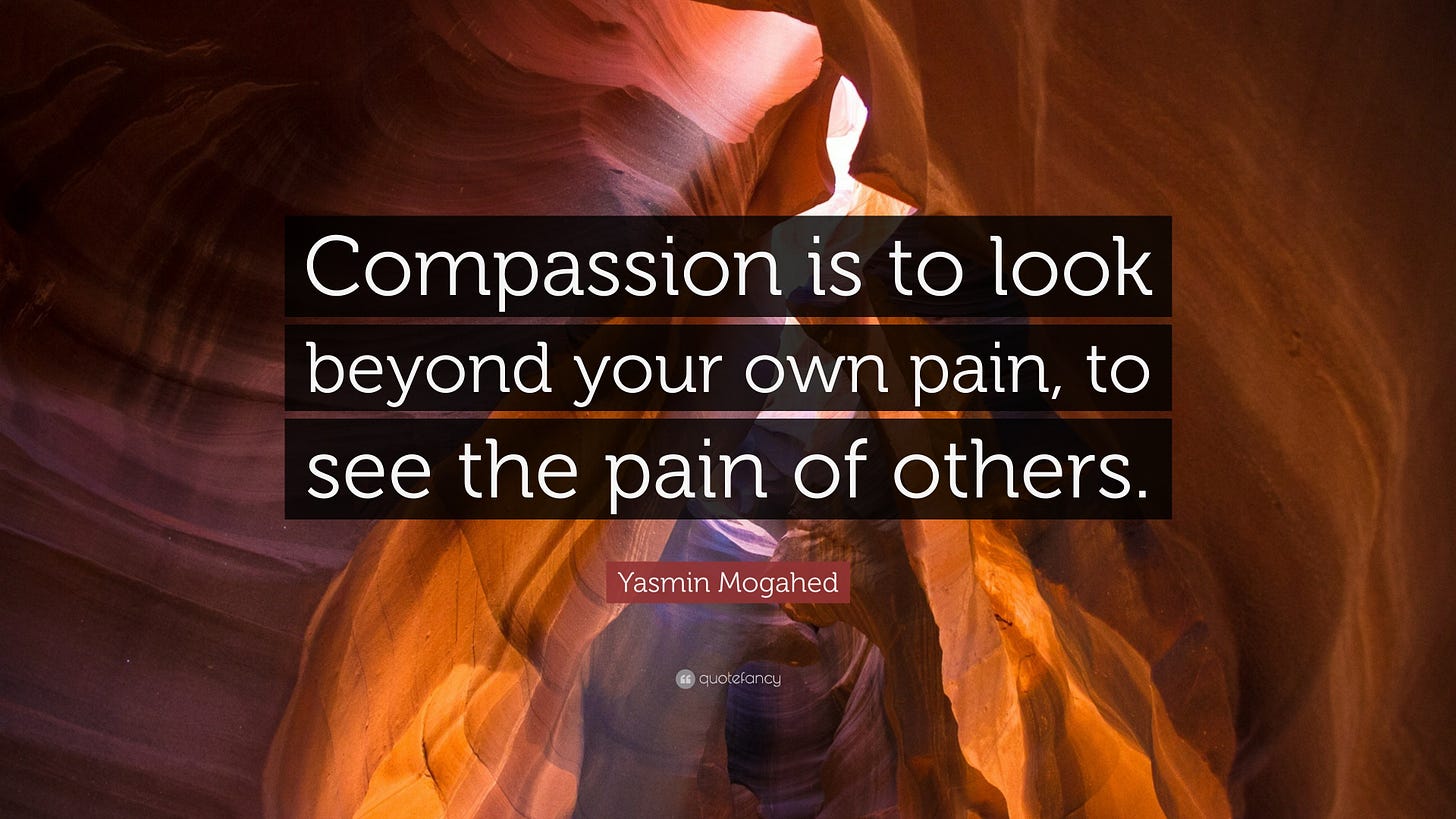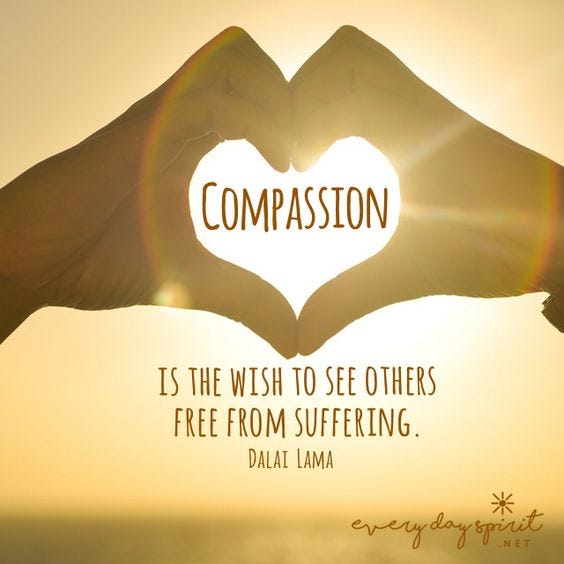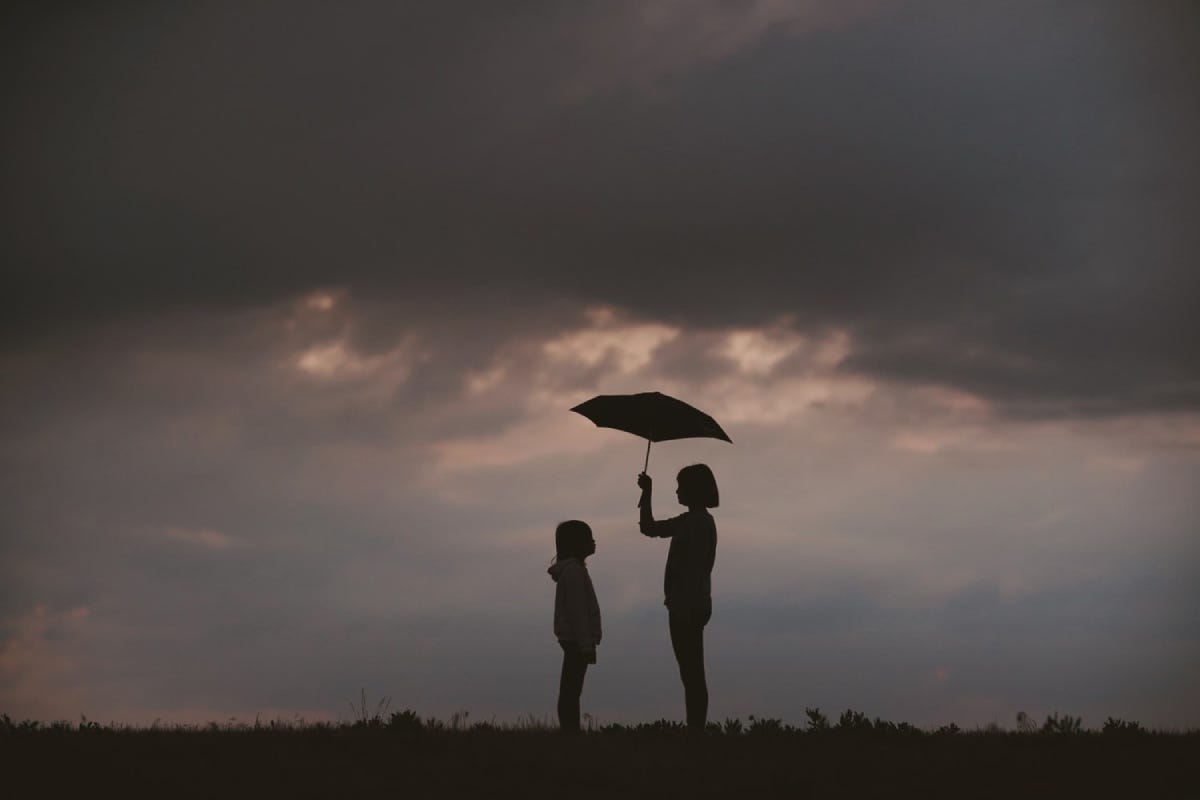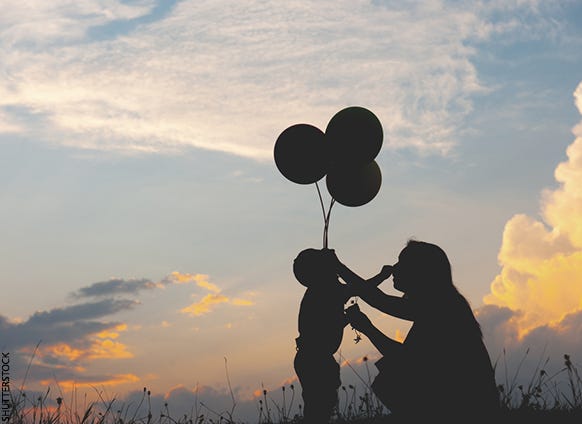A minor Saturday morning epiphany
Sometimes, a little rain and a whole lot of caffeine can set you to thinking....
(Offered apropos of nothing….)
It’s a chilly, damp 47-degree April Saturday morning in downtown Portland. The petrichoreal smell from the overnight rain hangs thick in the air as I poke my head out of my office. It’s 7:30 am, so little is moving this early. I can feel the early hour as I clutch my extra-large insulated coffee mug to my chest. Yes, 24 fluid ounces of caffeinated goodness, every last one of which I’ll need this morning.
It’s the weekend, so things are quiet- just me, the homeless, a few screaming drug addicts, and a few more who’ve lost their minds somewhere along the way. I work at the stage door to one of our theaters and have a good view of what happens on the street that runs by the front window.
Sometimes, the folks in the low-income apartments across the street sit outside, smoking as they watch the world go by. The homeless, the mentally precarious, and the drug addicts occupy the park next door, and Lord only knows what they’re up to at any point in time. There will be the occasional fire, fight, and even the odd drug deal that goes down now and again, but I keep my distance and let my coffee do its thing. This morning, I’m too numb to pay close attention. Besides, the less I see, the less I know, and that means I’ll have little to worry about.
Most of the folks on the street and in the park are harmless and only need some space to occupy. They have to be somewhere, and since they have no place to call their own, a park is as good as anything else. Mostly, they keep to themselves and want nothing to do with me, which suits me fine, especially this morning, when the caffeine has yet to crawl its way to my enfeebled brain.
Sometimes, I’ll watch the men in the park- it’s almost always men- and wonder what their stories are. How did they get to where they are? What led them to be “houseless,” the phrase du jour here in Portland? Each of them has a story, a reason for being where they are. It could be financial setbacks, marital problems, substance abuse, emotional trauma, some of the above, or perhaps even all of the above.
I’ve long wondered how, in a society as wealthy as our own, we can allow people to sleep under bridges, go hungry, or go without the mental health and/or substance abuse treatment they need. Republicans talk about making America “Great” again; but can any nation truly be called great when it allows so many of its citizens to live in squalor on its streets?
Can we call ourselves compassionate people when we look past those in dire circumstances without giving them a second thought?
The problem began in the ‘80s when Ronald Reagan cut federal money for mental health and substance abuse treatment and pushed the problem off onto the states, most of whom were wholly unequipped to handle the burden. As a result, people who had been cared for in programs paid for by federal money were forced out onto the streets. Cities were completely unprepared and lacked the resources to care for them. The availability of beds for mental health and substance abuse treatment plummeted precipitously as those who badly needed such treatment were turned away.
Today, it seems as if compassion and caring for the “least” among us is at an all-time low…as more people than ever are in need of public assistance. As housing and food costs continue rising and ever-greater numbers of people are unable to keep up, more Americans find themselves losing the roof over their heads.
When that happens, they end up in places like Seattle, Portland, San Francisco, and Los Angeles. All of these cities have seen their homeless, mentally ill, and substance-addicted populations increase enormously. I see them shuffle by my office window most mornings, some of them looking as if they’ve given up on themselves, life, and any hope of things improving for them.
It’s hard to believe society has given up on them, but we have, and that’s a desperately sad commentary on American priorities. We’ve not only given up on those who’ve fallen through the cracks, we’ve packed up our compassion and retreated to the warmth and comfort our our homes and families.
Some have slept in the rain and cold for weeks, months, or years. Tonight, they might find a bed in a shelter, but tomorrow, they might struggle to find any sheltered place to sleep outdoors—maybe under a bridge or under a makeshift cardboard lean-to. Then there are the basics that we take for granted, like eating, hygiene, and being able to use a bathroom, which can be a daily struggle for those without a permanent roof over their head.
Here in Portland, we hear about the homeless on the news when there’s a shooting or stabbing or when a tent village goes up in flames under I-5 and stops traffic on the overpass above. As we walk around downtown, we dodge tents on sidewalks as we wonder about the occupants within- are they OK? Do they pose a threat? Are they lucid? Why the fuck are the camping on our sidewalks? Why won’t the city DO something?
Or we’ll see them smoking fentanyl off foil out in the open as if nothing matters, and to most of the addicted, nothing does. Until recently, Oregon had decriminalized most hard drugs. The effect here in Portland was to turn parts of downtown into an open-air drug market. Now that the state legislature has reversed course, the police at least have some tools at their disposal, but it’s still a losing battle. The open-air fentanyl market at 4th and Washington may have gone away, but that only means it moved a few blocks away to a Plaid Pantry parking lot at 12th and Jefferson. When the police moved that one along, it moved a few blocks over. And so it goes.
It’s a desperately sad game of Whack-a-Mole that has no end. No matter what the police or any social service agency does, there are those determined to live outside the system. They want to be on their own, not dependent on anyone, able to live as they see fit…but what they don’t realize is that society is subsidizing their “independence.” They’re not “independent” at all.
We pay for the damage they cause, the garbage they leave behind, the human waste, and the drug paraphernalia that must be cleaned up. We pay for their overdoses, their hospitalizations, and the property damage they do. It’s not “independence” they’re seeking but rather “lawlessness,” the ability to live as they choose, answer to know one, and take what they want.
Their “freedom” is not free. In fact, it’s quite a drain on society, and the homeless people who insist on living outside the system believe it’s their right to live as they do. Evidently, they also believe it’s their right to live without accountability for the costs associated with cleaning up the mess they leave behind.
In the end, then, it’s not “independence” at all. In reality it’s “interdependence,” just as so much of our existence is. We are all responsible for and dependent upon one another. The homeless aren’t immune to that reality.
As I stand outside my office in the lingering cold and damp, milking my caffeine dispenser as I wait for my drug of choice (but I can quit any time I want…I choose not to) to work its magic on my brain, I’m struck by an unpleasant epiphany. All of us are chemically dependent; after all, how many of us can’t function in the morning without at least one cup of coffee (you can’t see me, but I’m slowly and sheepishly raising my hand)?
The only difference between people like you and me and those living on the streets are the drugs we’ve chosen and the ways in which we’ve allowed those chemicals and their effects to dominate our lives.
There but for the grace of [insert name of preferred deity here] go I….
All of my posts are public at this time. Any reader financial support will be greatly appreciated. There’s no paywall blocking access to my work (except for a few newsletters), but that remains an option down the road. I’ll trust my readers to determine if my work is worthy of their financial support and at what level. To those who do offer their support, thank you. It means more than you know.









